When our family switched to a real-food diet, I initially thought sugar was entirely off-limits. Despite not having a strong craving for sweets, I sometimes crave a (healthy) dessert. I discovered that sweetness is achievable in a real-food diet by using natural sugar alternatives. Embracing healthy eating doesn’t mean entirely eliminating sweeteners; it involves avoiding added sugars, particularly processed white sugar.
Substituting sugar with natural options may require some effort initially. However, once you understand the basics and make pantry changes, using natural sweeteners occasionally becomes easy.
Concerns About Sugar
The reasons to avoid sugar are numerous. It not only causes tooth decay but can also contribute to conditions like gingivitis.
Consuming sugar leads to rapid glucose spikes followed by a drop in blood sugar levels and an energy crash. The body converts excess sugar into fat, leading to weight gain.
Over time, this cycle may result in insulin resistance, where cells become less responsive to insulin. Insulin resistance may eventually result in type 2 diabetes, obesity, and an increased risk of heart disease.
Additionally, sugar can cause inflammation and addictive eating behaviors.
High-Fructose Corn Syrup
A prevalent sweetener found in many processed foods, especially in the United States, is high-fructose corn syrup (HFCS). It’s inexpensive to produce but has a high fructose content, leading to overeating and health issues.
The body processes fructose differently than glucose. Fructose is more readily stored as fat in the liver, potentially causing non-alcoholic fatty liver disease (NAFLD), weight gain, and obesity.
Considering Artificial Sweeteners
Many people avoiding sugar opt for artificial sweeteners instead. These low-calorie or calorie-free sweeteners are marketed for weight loss. The first non-caloric sugar substitutes were lab-developed. Common artificial sweeteners include:
- Saccharin (e.g., Sweet’n Low)
- Aspartame (found in Equal)
- Sucralose (found in Splenda)
- Acesulfame potassium (also called Ace-K)
The U.S. Food and Drug Administration (FDA) regulates artificial sweeteners as food additives. The FDA considers them safe within set acceptable daily intakes, although scientific research suggests otherwise.
My Preferred Natural Sugar Alternatives
If you’re looking to reduce processed sugar, consider these natural sweeteners. I don’t use them frequently, but they’re healthier for occasional indulgences.
Raw Honey
My preferred sweetener is raw honey. Unlike processed honey, it retains beneficial compounds and nutrients.
Health Benefits:
Raw honey offers several benefits:
- Nutrients: Contains antioxidants, vitamins, minerals, and amino acids in small amounts. It’s also enzyme-rich.
- Antibacterial and antifungal properties: The propolis in raw honey has antibacterial and antifungal qualities and may address candida overgrowth.
- Prebiotics: Oligosaccharides in honey nourish beneficial gut bacteria.
- Potential allergy relief: Raw honey’s local pollen content may soothe an overly sensitive immune system.
Raw honey is still high in sugars and calories, so it should be enjoyed in moderation.
Where to buy: Raw honey can be pricey in small quantities. Buying from a local apiary, farmer’s market, or health food store is often the best choice.
How I use it: I use honey to sweeten baked items naturally and drizzle it over pancakes, waffles, yogurt, and even homemade ice cream.
Maple Syrup
Extracted from sugar maple tree sap, maple syrup is a natural sweetener. It’s not the high-fructose syrup you find in cereal aisles!
Health Benefits: Contains small amounts of minerals like manganese, iron, calcium, and zinc. It also includes antioxidants.
Where to buy: Locally sourced maple syrup is sometimes available. Avoid “maple-flavored syrups” with artificial additives—the only ingredient in pure maple syrup should be "maple syrup."
How I use it: I use maple syrup to sweeten baked goods and drizzle it on hot breakfast cereals, pancakes, and waffles.
Sucanat or Muscovado
Sucanat is essentially dried sugar cane juice, unprocessed compared to white or brown sugar. "Sucanat" means sugar cane natural. It is created by extracting, evaporating, and granulating sugar cane juice. Sucanat can replace white sugar 1:1 in most recipes.
Muscovado is a sticky, minimally processed brown sugar from sugar cane juice. It has a dark color and rich flavor due to retained molasses. Muscovado substitutes brown sugar 1:1 in most recipes.
While sucanat and muscovado are still processed, they’re closer to their natural state than refined sugar.
Note: Baked goods made with these sweeteners will appear darker and have a slight molasses flavor.
Health Benefits: These retain some nutrients from whole sugar cane, like iron, calcium, potassium, magnesium, and B vitamins. Although present in small quantities, these whole sugars offer trace nutrients absent in refined sugar. They have these properties:
- Lower glycemic: Being less processed, these sugars have a slightly lower glycemic index than refined sugar, supporting stable glucose levels.
- Potential antioxidants: Molasses in sucanat and muscovado may contribute antioxidant compounds.
Where to buy: Sucanat and muscovado can be hard to find locally, though some natural food stores might stock them. Check Indian grocery stores for muscovado. It’s best to buy organic. Both sucanat and muscovado are available online.
How I use it: Sucanat can replace white or brown sugar in most recipes, although it has a caramel-like flavor. I use muscovado more for recipes needing brown sugar, like chocolate chip cookies.
Coconut Sugar
Also known as coconut palm sugar, coconut sugar is made by heating and dehydrating coconut palm sap. It’s a popular sugar substitute because of its minimal processing and potential health benefits. Plus, coconut sugar is more sustainable than sugar cane.
Health Benefits:
- Nutrients: Contains small amounts of iron, zinc, potassium, and B vitamins.
- Lower glycemic: Has a lower glycemic index than table sugar, so it affects blood sugar levels less.
- Inulin as a prebiotic: May have inulin, a dietary fiber with prebiotic effects, promoting beneficial gut bacteria and digestive health.
Where to buy: I prefer Wholesome Sweeteners’ sustainably sourced coconut sugar. This natural sugar substitute is often available at grocery and health food stores or online.
How I use it: With a caramel-flavored profile, it enhances many recipes. It typically substitutes for white or brown sugar in a 1:1 ratio.
Monk Fruit Sweetener
This Southeast Asian fruit, known as luo han guo, is rich in antioxidant compounds called mogrosides. These are used to make the non-nutritive sweetener monk fruit extract.
Health Benefits:
- Antioxidant and Anti-inflammatory: Studies suggest monk fruit mogrosides have anti-inflammatory properties. A study from 2013 found they might reduce diabetes-related oxidative stress.
- Supports a healthy weight: Monk fruit is low in calories and doesn’t spike insulin levels, which can lead to weight gain.
- Protects against diabetes: Since monk fruit doesn’t significantly raise blood sugar, it might aid those with diabetes or anyone managing blood sugar levels.
- May protect against cancer: The antioxidants in monk fruit might help protect against cancer.
Where to buy: Most grocery stores stock monk fruit sweeteners, often mixed with erythritol. One version uses allulose and monk fruit extract.
Small amounts of erythritol occasionally are fine, but it may cause digestive issues. If your gut is sensitive, it’s better to avoid it.
How I use it: Monk fruit can replace white sugar on a 1:1 basis. I also use the liquid form in beverages like tea or coffee.
Allulose as a Natural Sugar Substitute
Allulose is a low-calorie sugar found naturally in foods like wheat, raisins, and figs. Despite having the same chemical formula as glucose, its structure varies slightly, resulting in unique properties like low calories and a low glycemic index.
It’s frequently included in prepared foods, offering a sugar-reduced option for favorite treats. Allulose might not be tolerated by everyone and can cause digestive issues when taken in large quantities.
Where to buy: Both granulated and liquid allulose options are available.
Dates
Known for their natural sweetness and rich caramel flavor, dates are not only delicious but also healthful due to their nutrients.
Health Benefits:
- Nutrients: Good source of vitamins and minerals, including potassium, magnesium, vitamin B6, and fiber.
- Lower glycemic: Despite being sweet, dates have a relatively low glycemic index, and their fiber helps moderate blood sugar levels.
- Rich in fiber: Promotes good gut bacteria and regular bowel movements, in addition to enhancing satiety.
- Antioxidant properties: Contain antioxidants that protect cells from oxidative stress.
- Anti-inflammatory: Dates possess anti-inflammatory compounds.
- Digestive health: Soluble fiber supports a healthy gut and promotes beneficial bacteria.
Where to buy: Most grocery and health food stores stock dried dates, and they’re also available online. Date syrup, similar to honey, is another option.
How I use them: Blended in a food processor, pitted dates create sweet raw food treats. I blend soaked dates into smoothies for natural sweetness or incorporate whole dates into recipes like Molasses Cookies or Wellness Energy Bars. It’s also possible to make homemade date syrup.
While dates have numerous health benefits, their high carbohydrate content due to natural sugars means they should be consumed in moderation.
Fresh Fruit
Being naturally sweet, fruit is perfect for sweetening quick breads, pancakes, and waffles. Fruits are nutritious, rich in antioxidants, fiber, and natural sugars.
Health Benefits:
- Rich in nutrients: Excellent sources of vitamins C, A, and various B vitamins, along with minerals like potassium, magnesium, and folate.
- Antioxidants: Abundant in antioxidants like vitamins C and E, and numerous phytochemicals, all of which counter harmful free radicals and reduce oxidative stress.
- Blood Sugar Control: The fiber present alongside natural sugars in fruit slows sugar absorption, stabilizing glucose levels.
- Heart Health: Foods like berries, citrus fruits, and apples support heart wellness due to dietary fiber and antioxidants, promoting healthy cholesterol and blood pressure.
- Digestive Health: High fiber content aids healthy digestion and regularity, preventing constipation.
Where to buy: Local farmers, farmers’ markets, and the organic produce section at natural food co-ops or grocery stores.
How I use it: I add one or two mashed bananas to sweeten pancakes and waffles without extra sugar. The same method is effective in muffins and quick bread recipes.
Applesauce blends well into pancakes or muffins as a fruit-based sweetener. Naturally sweet fruits can also sweeten plain yogurt, while fruit juice can enhance smoothies and homemade ice cream.
Stevia
For those avoiding calorie-laden sweeteners, stevia is a viable option. It is a natural, zero-calorie sweetener derived from the Stevia plant. Although some people notice an aftertaste, it remains a popular sugar-free, plant-based sweetener.
Stevia is highly sweet and doesn’t easily substitute for honey, maple syrup, or sugar.
Health Benefits:
- Zero calories: Stevia is virtually calorie-free.
- Blood sugar regulation: Has little influence on blood glucose.
- Antioxidant Properties: Studies indicate stevia has antioxidant properties.
- Potential Anti-Inflammatory Effects: Antioxidant presence gives stevia potential anti-inflammatory effects.
While stevia possesses potential benefits, it should be consumed in moderation like any sweetener.
Where to buy: Look for stevia products devoid of artificial sweeteners or chemical additives.
How I use it: Occasionally, I use whole-leaf stevia or stevia glycerites, avoiding white processed and powdered types.
Natural Sweeteners I Avoid
Below are some sugar substitutes I do not endorse due to insufficient safety research or negative health impacts.
Sugar Alcohols
Often used as sugar substitutes, sugar alcohols are carbohydrates like xylitol, erythritol, and sorbitol. They are compounds of sugar and alcohol molecules, distinct from those in alcoholic beverages.
Having fewer calories than regular sugar, these sweeteners don’t spike blood sugar levels, making them popular in diabetic products. They often appear in sugar-free candies and chocolates and do not contribute to tooth decay.
However, sugar alcohols may cause bloating and digestive discomfort because they might disrupt gut bacteria.
Health Benefits:
- Low glycemic: Very low on the glycemic index; they don’t spike blood sugar.
- Lower Caloric Content: Fewer calories, making them popular in "diet" foods.
- Dental Health: Less likely to cause cavities compared to standard sugars due to reduced oral bacteria metabolism.
- Antioxidant potential: Erythritol might counteract free radicals.
Non-GMO xylitol or erythritol in small amounts can be acceptable sometimes, but they may cause digestive problems, especially with compromised guts.
Where to buy: Popular enough to be available at local grocery stores, ensure you’d select organic options. Since both xylitol and erythritol might come from corn, organic means non-GMO.
How I use them: Knowing what’s currently understood about sugar alcohols, I only use xylitol from birch wood in homemade toothpaste. For food, I prefer other natural sweeteners.
Agave Nectar
Agave nectar (syrup) is made from agave sap, chiefly from blue agave. Following collection and filtration, the sap becomes sweet syrup—a natural sugar or honey alternative.
Agave having a lower glycemic index than other sugars is due to its high fructose concentration. Unfortunately, fructose negatively impacts liver health and fosters cravings, so I avoid using or recommending agave nectar.
Bottom Line on Natural Sugar Substitutes
With natural alternatives in the pantry, our family enjoys classic treats without compromising on flavor. Remember that carbohydrates matter, whether from white or coconut sugar. Moderation remains crucial, even when using natural sweeteners. Now, you can indeed have your cake and eat it too!
What natural sugar substitutes do you use? Share with us below!


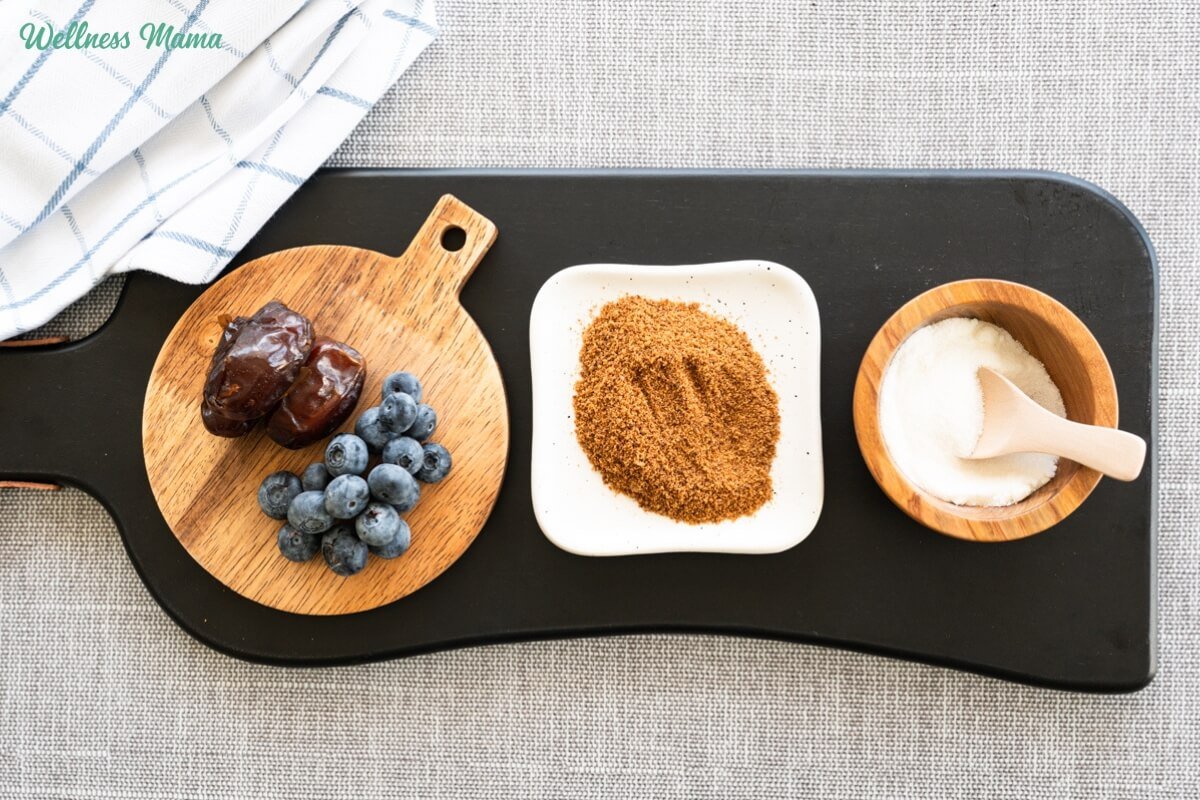









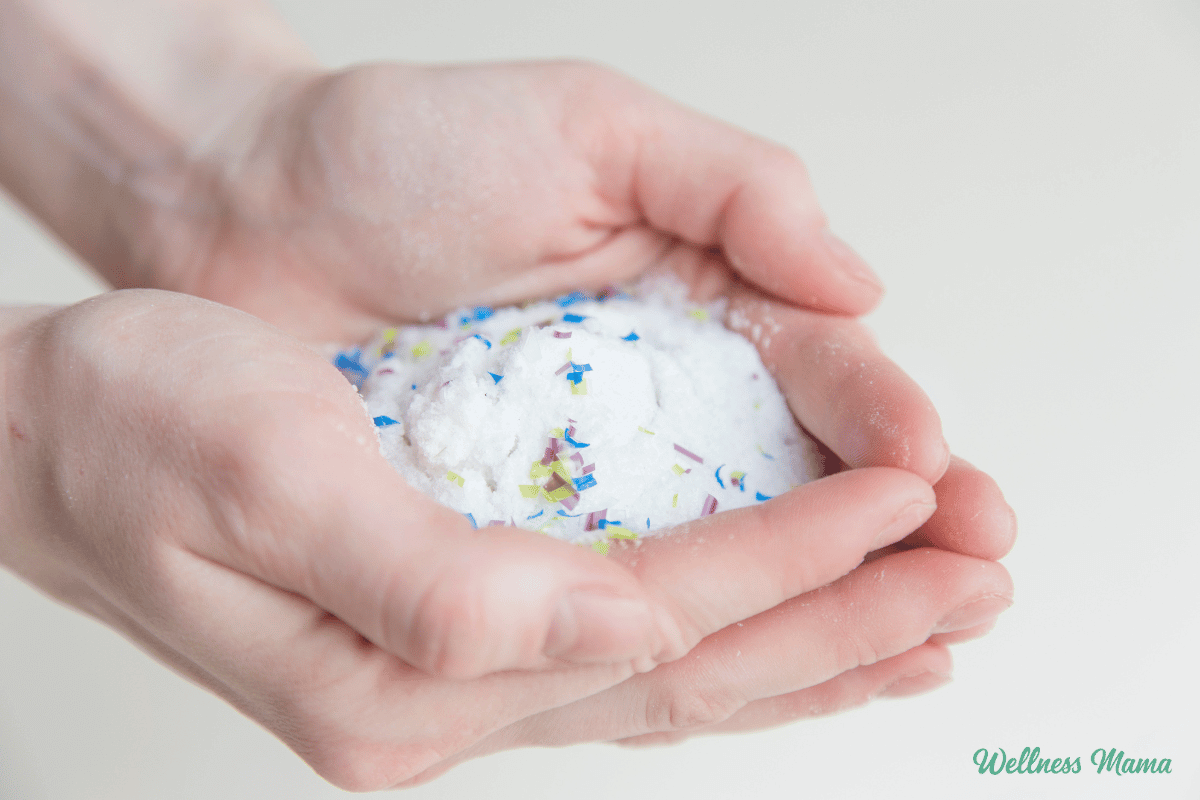

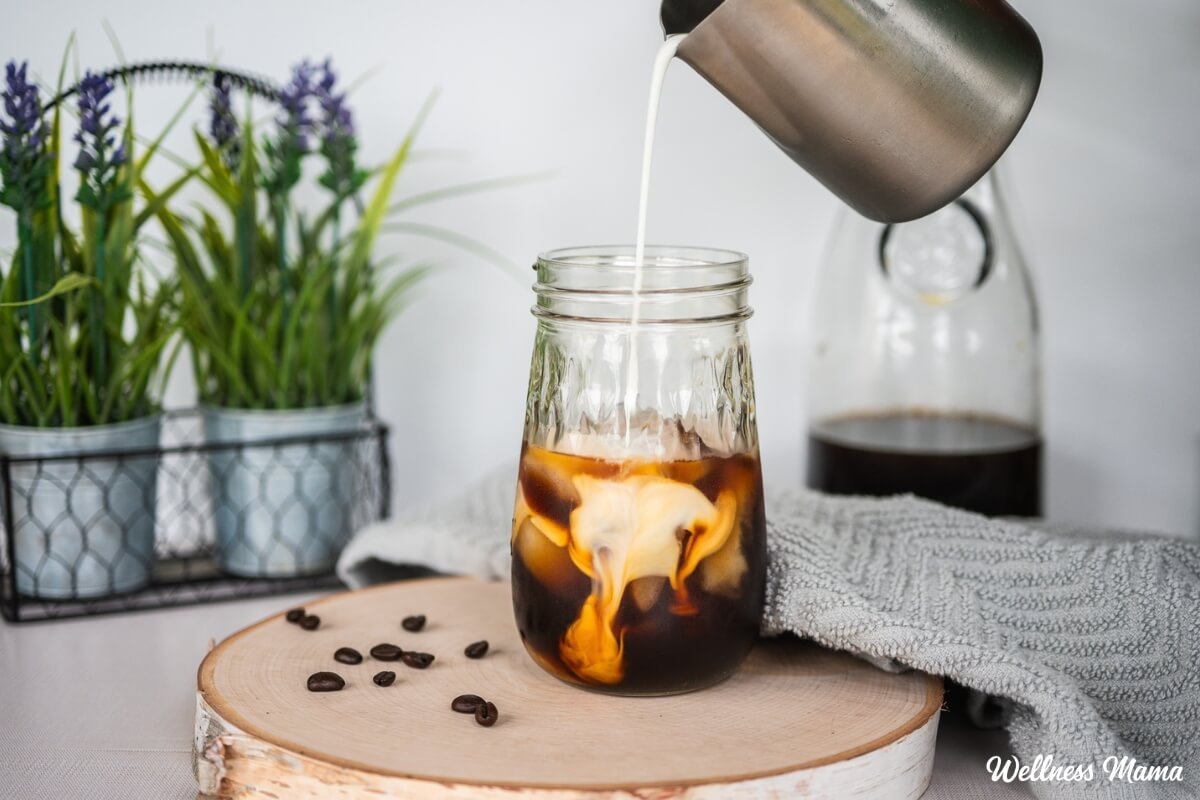
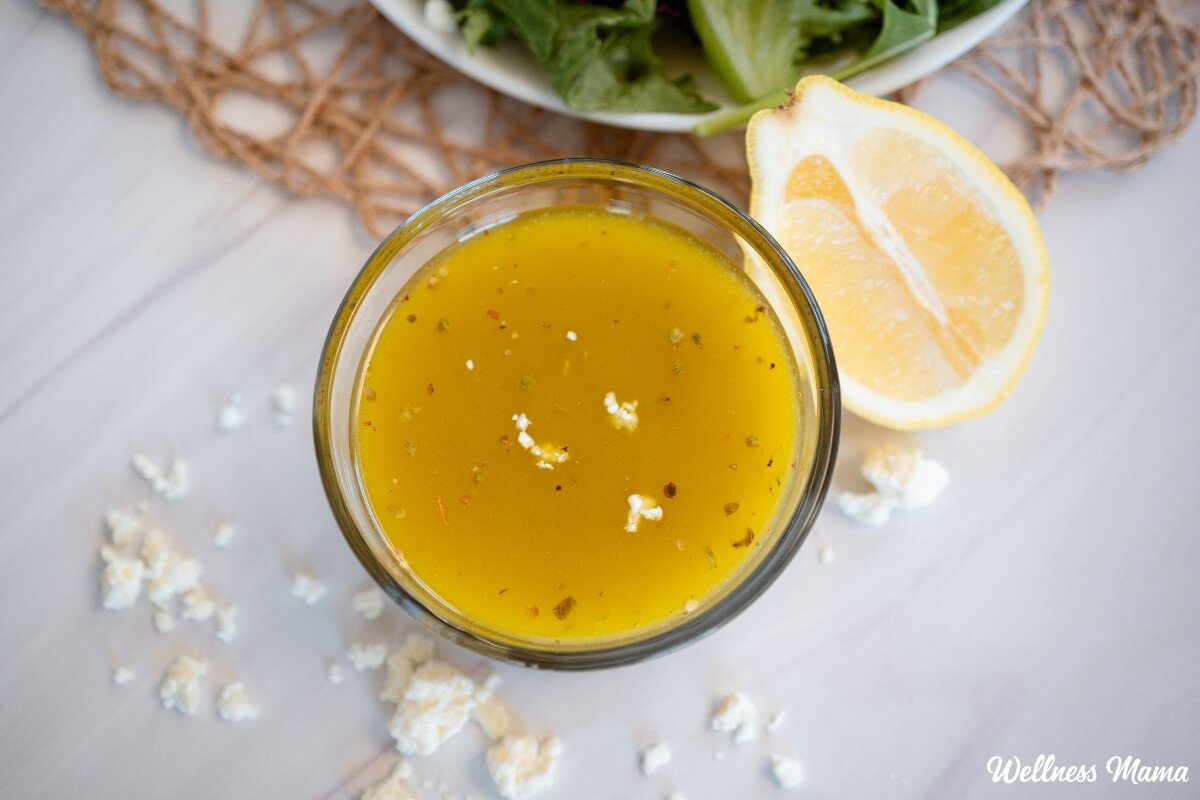
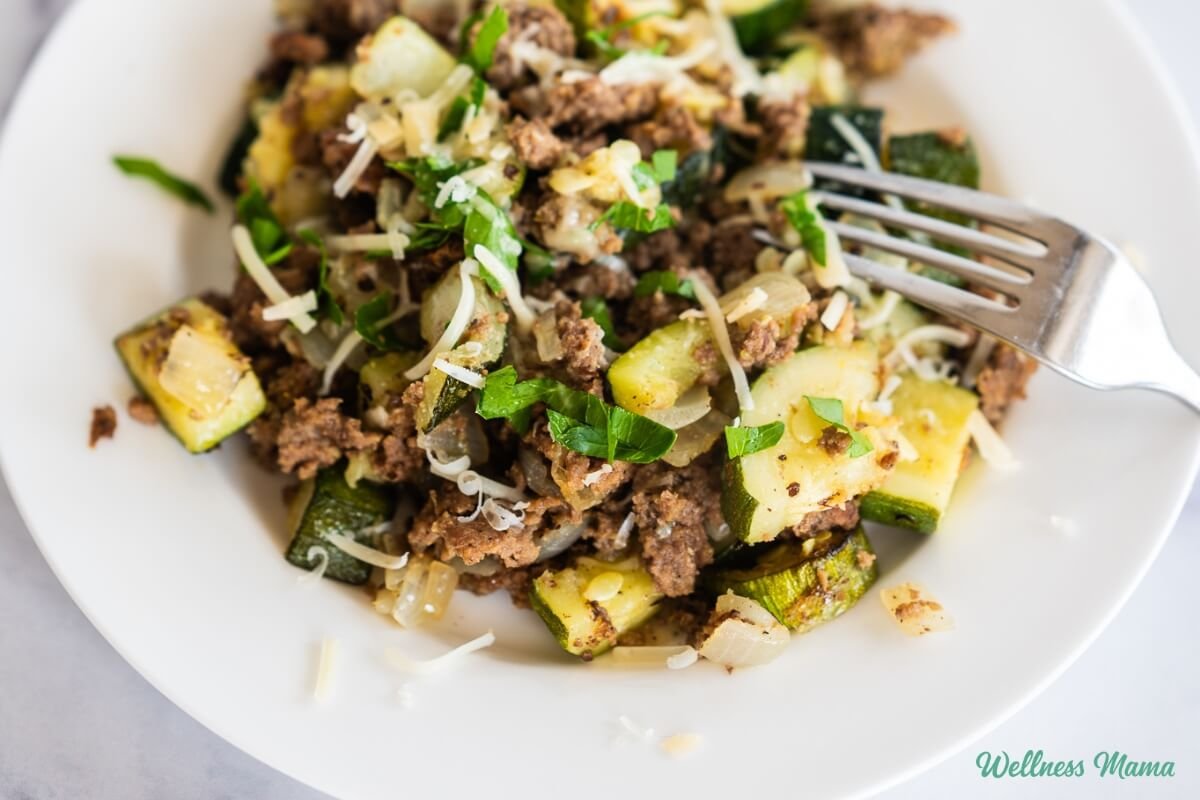
Leave a Reply